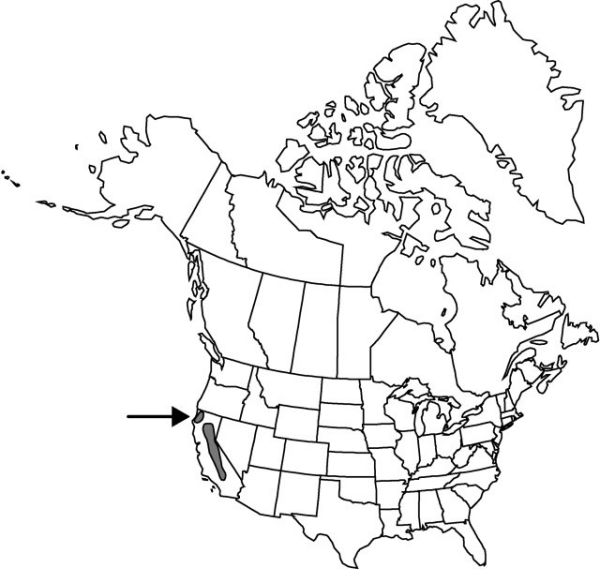Difference between revisions of "Sisyrinchium elmeri"
Pittonia 2: 106. 1890.
FNA>Volume Importer |
imported>Volume Importer |
||
| (6 intermediate revisions by 2 users not shown) | |||
| Line 6: | Line 6: | ||
|place=2: 106. 1890 | |place=2: 106. 1890 | ||
|year=1890 | |year=1890 | ||
| + | }} | ||
| + | |special_status={{Treatment/ID/Special_status | ||
| + | |code=E | ||
| + | |label=Endemic | ||
}} | }} | ||
|basionyms= | |basionyms= | ||
| Line 11: | Line 15: | ||
|name=Hydastylus elmeri | |name=Hydastylus elmeri | ||
|authority=(Greene) E. P. Bicknell | |authority=(Greene) E. P. Bicknell | ||
| − | }}{{Treatment/ID/Synonym | + | |rank=species |
| + | }} {{Treatment/ID/Synonym | ||
|name=Hydastylus rivularis | |name=Hydastylus rivularis | ||
|authority=E. P. Bicknell | |authority=E. P. Bicknell | ||
| + | |rank=species | ||
}} | }} | ||
|hierarchy=Iridaceae;Sisyrinchium;Sisyrinchium elmeri | |hierarchy=Iridaceae;Sisyrinchium;Sisyrinchium elmeri | ||
| Line 37: | Line 43: | ||
-->{{#Taxon: | -->{{#Taxon: | ||
name=Sisyrinchium elmeri | name=Sisyrinchium elmeri | ||
| − | |||
|authority=Greene | |authority=Greene | ||
|rank=species | |rank=species | ||
| Line 51: | Line 56: | ||
|publication title=Pittonia | |publication title=Pittonia | ||
|publication year=1890 | |publication year=1890 | ||
| − | |special status= | + | |special status=Endemic |
| − | |source xml=https:// | + | |source xml=https://bitbucket.org/aafc-mbb/fna-data-curation/src/2e0870ddd59836b60bcf96646a41e87ea5a5943a/coarse_grained_fna_xml/V26/V26_720.xml |
|genus=Sisyrinchium | |genus=Sisyrinchium | ||
|species=Sisyrinchium elmeri | |species=Sisyrinchium elmeri | ||
Latest revision as of 21:16, 5 November 2020
Herbs, perennial, cespitose, dark green to ashy olive when dry, to 3.2 dm, not glaucous. Stems simple, 0.6–1.7 mm wide, glabrous, margins usually entire, similar in color and texture to stem body. Leaf blades glabrous, bases not persistent in fibrous tufts. Inflorescences borne singly; spathes green, glabrous, keels entire; outer 13–20 mm, 1–2.4 mm longer than inner, tapering evenly towards apex, margins basally connate 3.8–5.5 mm; inner with keel ± straight, hyaline margins 0.2–0.7 mm wide, apex extending as 2 rounded or broadly erose lobes, ending just proximal to or slightly exceeding green apex. Flowers: tepals deep yellow to yellowish orange with brownish veins; outer tepals 7.5–8.5 mm, apex obtuse or rounded; filaments ± distinct or connate to 1/2 their length, glabrous; ovary similar in color to foliage. Capsules dark brown, globose to turbinate or broadly fusiform, 5–7.9 mm; pedicel recurved to spreading. Seeds hemispherical, with slight depression on one side, 1–1.2 mm, smooth. 2n = 34.
Phenology: Flowering late spring–late summer.
Habitat: Moist montane areas, bogs, edges of marshes, stream banks, meadows
Elevation: 1100–2700 m
Discussion
Selected References
None.
